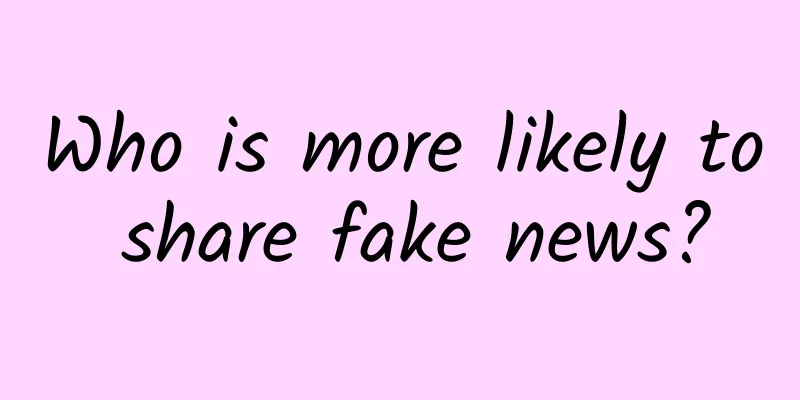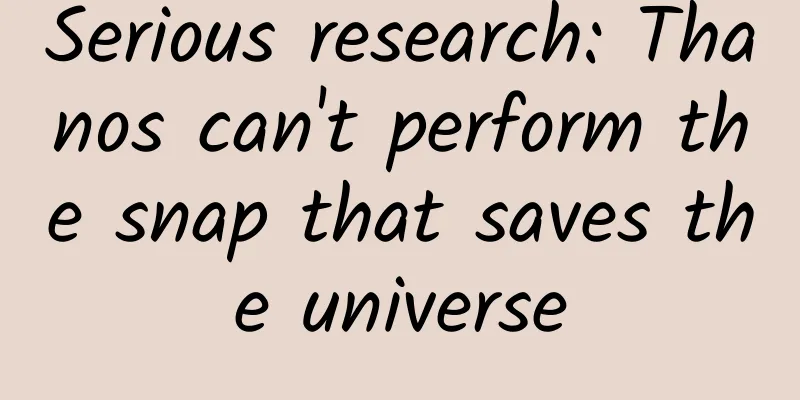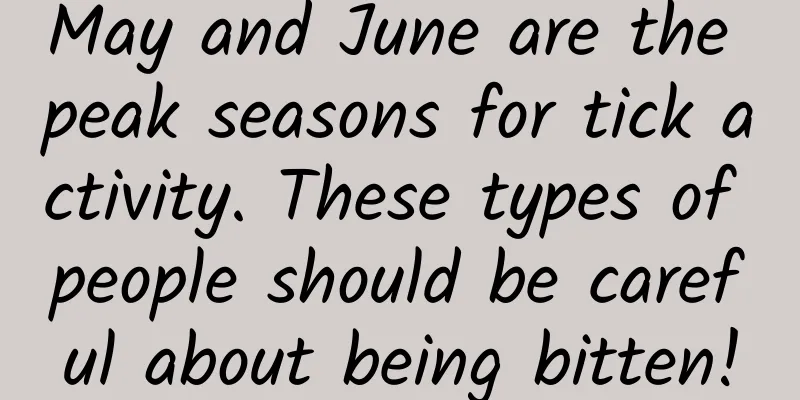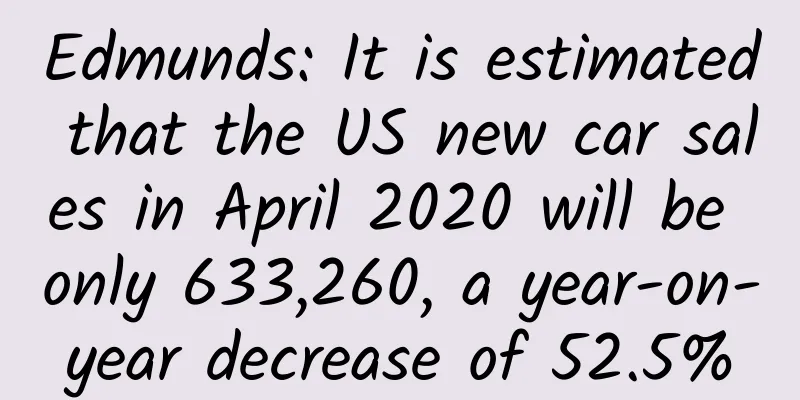Who is more likely to share fake news?

|
Who is more likely to share fake news? © Getty Images Leviathan Press: If we look at the six sub-dimensions of "Conscientiousness" [Order, Competence, Responsibility, Achievement Striving, Deliberation, and Self-Discipline], people with low Conscientiousness generally have characteristics such as low self-confidence, impulsiveness, disorganization, and carelessness. Of course, these are just related factors - each of us may have shared (believed to be true) false information, and this article is just incorporating personality considerations to try to clarify which type of people are more likely to share false information. We live in an age of information overload. Faced with the overwhelming amount of information every day, it is inevitable that we cannot distinguish the truth from the falsehood of some information. But fortunately, our "common sense" is usually still there. Based on common sense and intuition, it is not difficult to trace the source of the information and distinguish the truth from the falsehood. Who is sharing fake news? Political scientists, behavioral researchers and the media say political conservatives bear much of the responsibility for the spread of false information. But despite well-documented evidence, not all conservatives share fake news or endorse it. Such blanket statements condemn everyone who holds conservative values, which in turn could continue to lead to more dangerous polarization. To find solutions to the misinformation crisis, we need to dig deeper into who and what forces are driving the spread of malicious falsehoods and conspiracy theories. Therefore, our research on sharing misinformation also examines another key determinant of individual behavior: personality. There are several systems for identifying and assessing personality traits, the most widely used of which is the Five Factor Model, also known as the Big Five theory of personality. This theory divides personality traits into five categories: openness to experience, conscientiousness, extraversion, agreeableness, and neuroticism. Within this framework, we focus specifically on conscientiousness, which reflects differences in people's orderliness, impulse control, regularity, and reliability. (psycnet.apa.org/record/2008-11667-005) We argue that conscientiousness helps explain the link between political conservatism and sharing of false news. (Editor's note: Conscientiousness refers to the way we control, manage, and regulate our impulses. It assesses an individual's organization, persistence, and motivation in goal-directed behavior. It compares trustworthy and meticulous individuals with lazy and careless individuals. It also reflects an individual's degree of self-control and the ability to postpone the satisfaction of needs. Impulsiveness is not necessarily a bad thing. Sometimes the environment requires us to make quick decisions. Impulsive individuals are often considered happy, interesting, and good playmates. However, impulsive behavior often brings trouble to oneself. Although it can bring temporary satisfaction to individuals, it is easy to produce long-term adverse consequences, such as attacking others, taking drugs, etc. Impulsive individuals generally do not achieve great success. Cautious people tend to avoid trouble and achieve greater success. People generally think that cautious people are more intelligent and reliable, but cautious people may be perfectionists or workaholics. Extremely cautious individuals make people feel monotonous, boring, and lifeless. Specifically, we predicted that low conscientious conservatives (LCCs) would spread more false information than other conservatives or low conscientious liberals. We decided to examine the relationship between personality, political opinion, and sharing of false news across eight studies (4,642 participants in total). (psycnet.apa.org/doiLanding?doi=10.1037%2Fxge0001120) © Nieman Lab First, we measured participants’ political ideology and conscientiousness by assessing their values and behaviors. Then, we showed these people a series of true and false news stories about the coronavirus and asked them to rate how accurate they were. We then asked them whether they would consider sharing each piece of news. We found that both liberals and conservatives sometimes mistook fake news for real—perhaps due in part to their desire for some news to be true because it aligned with their beliefs. Additionally, people of all political stripes shared false news, but LCCs were significantly more likely to do so than others in the study. For example, there were no differences between liberals and conservatives on the high conscientiousness dimension. And low conscientious liberals did not share more false information than high conscientious liberals. In a second study, we used fake news with a strong political slant and found the same results, or even stronger ones: Again, liberals and high-conscientious conservatives did not spread false information frequently, but low-conscientious conservatives did. We next ask: What explains LCCs’ particular tendency to share false news? To answer this question, we designed an experiment in which we not only collected information about participants’ political leanings and personality traits, but also administered questionnaires to assess their desire for chaos, support for social and economic conservatism, support for Trump, trust in mainstream media, and time spent on social media. We learned that LCCs express a general need for disorder—a desire to disrupt and undermine existing political and social institutions—which may explain their greater propensity to spread false information. This need reflects an underlying desire to assert that one’s own ideas or group are superior to others, a desire that is particularly strong among conservatives low in conscientiousness. Importantly, none of the other factors we examined, including support for Trump, time spent on social media, and political and economic conservatism, were as strongly associated with LCCs’ high propensity to share false news. Unfortunately, our research on the personality trait of conscientiousness also suggests that putting an accuracy label on news reports will not solve the problem of misinformation. We conducted a study in which participants were asked whether they agreed with the following statement: news with a “controversial” label, which is common on social media, is false, whereas news with a “supportive” label is true. We found that the “support” label increased the frequency with which both liberals and conservatives shared true news. However, LCCs continued to share false information at a higher rate, despite the fact that the false information was clearly labeled with a warning. While these participants may not have trusted the fact-checking system, the results provide evidence that LCCs share false news in an effort to intentionally create confusion. In fact, we conducted another study in which we explicitly told participants that the news they wanted to share was inaccurate. Participants were then given the opportunity to revise their answers. In this study, LCCs still shared false news at a higher rate than others, and they were also less sensitive to the direct warning that the news they wanted to share was false. © Axios In short, we did not find that warnings from third-party fact-checkers were effective in reducing the spread of particularly explicit false information from LCCs. This result is concerning because our research suggests that LCCs appear to be primary drivers of the spread of false news. Therefore, social media networks need to find different solutions than just putting warning labels on false news. Interventions based on the assumption that truth matters may be inadequate. Another solution may require social media companies to monitor false news that has the potential to harm others, such as false information related to vaccines and elections, and proactively remove such content from their platforms. Regardless, until these companies find a way to do this that works, the problem will persist. In the meantime, society will pay a price for spreading false information, which can have serious and damaging consequences, as the long-standing conspiracy-theory path taken by rioters in the Capitol riot in January showed. Text/Asher Lawson & Hemant Kakkar Translated by Amanda Proofreading/Yord Original article/www.scientificamerican.com/article/personality-type-as-well-as-politics-predicts-who-shares-fake-news/ This article is based on the Creative Commons License (BY-NC) and is published by Amanda on Leviathan The article only reflects the author's views and does not necessarily represent the position of Leviathan |
<<: Young man digging graves and stealing corpses at midnight: I am here to bury Caesar |
>>: Patients with hypertension need to limit salt intake, so the lighter the food, the better?
Recommend
Nehe SEO Training: Are SEO methods different in different fields? What is the difference between e-commerce and enterprises?
E-commerce SEO is currently the most discussed to...
Android imitates the layout architecture of the product details page of JD.com and Tmall app, as well as its functional implementation
Preface In e-commerce apps, the focus is on produ...
The space environment is so harsh, why can the national flag remain bright?
Every time astronauts go out of the cabin to perf...
Excellent source code sharing: Android developer benefits are here
[[209957]] Android Bluetooth chat source code Sou...
After the box was “banned”, the living room fell into the hands of the license holder
Since the official listing of China Radio and Tel...
Foreign automakers call on China to relax electric vehicle sales quota system
In a June 18 email to Miao Wei, China's Minist...
Technology Morning News | Man-made spacecraft touches the sun for the first time
News Station Photo by Xinhua News Agency reporter...
360 Children's Watch 3S Preview: A Positioning Device for Children's Wrists
While you are still considering whether to buy a ...
If a tool app wants to transform, what should the operators do?
Meitu was cashed out by early-stage investment in...
Will Xiaomi and Midea "divorce"?
Xiaomi and Midea got married without dating each ...
Is it possible to equip passenger planes with parachutes? In fact, it has already been done
Judging from the accident rate, airplanes are und...
With domestic science fiction novels winning awards one after another, how long will the corresponding games remain silent?
The Hugo Award is like the Nobel Prize in the sci...
How to use Douyin Blue V faster and more economically? Save yourself thousands after reading this!
Preface I wonder if you have noticed? The growth ...
How to keep deep space communication connected? The probe has a "good voice" and the ground has a pair of "good ears"
There is a lot of high-energy radiation in space,...
How to quickly become familiar with a language
[[142469]] First of all, please forgive me for th...









